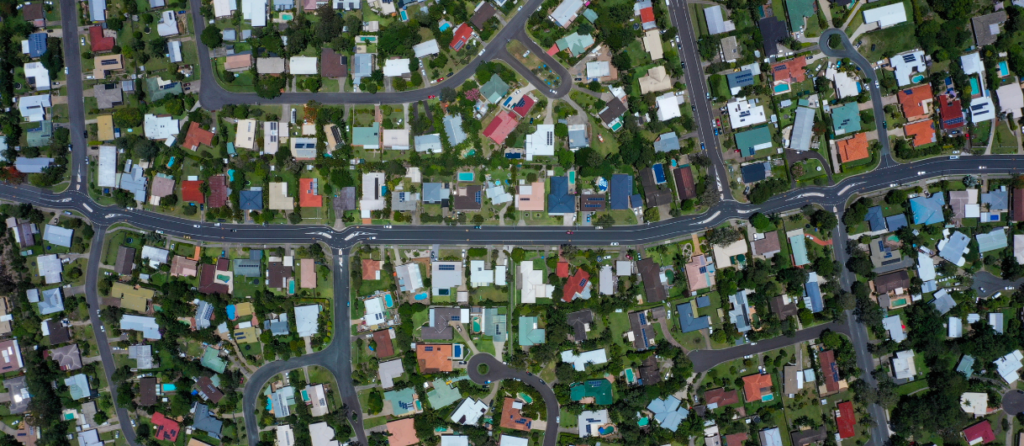Florida’s Legislature convenes March 4 – here’s what we want them to do
Florida’s Legislature convenes March 4 – here’s what we want them to do

For weeks Florida legislators have been meeting in committee, filing and debating bills and preparing for the official start of the 2025 Legislative Session on March 4.
This session VoteWater’s Gil Smart will travel to Tallahassee to lobby for clean-water bills and funding; and here in our newsletter and at VoteWater.org we’ll track legislation good and bad and help you make your voices heard on key proposals.
Our efforts will be guided by our 2025 Legislative Priorities, articulated in full here. They include kick-starting the process of acquiring more land south of Lake Okeechobee so we can “Rescue the River of Grass”; monitoring and curbing the prevalence of “Dirty Money” in politics; protecting wetlands; and defending Florida’s state parks from inappropriate development.
Against the backdrop of the red tide now hammering Florida’s west coast, it’s more important than ever to stop legislation that would have a negative impact on clean water, and advance bills that protect our waterways.
VoteWater’s 2025 Legislative Priorities
 Rescue the River of Grass
Rescue the River of Grass
For decades we’ve known we need still more land south of Lake Okeechobee for water storage, and the ongoing red tide on Florida’s west coast, likely fed by Lake O discharges, underscores the urgency of the need. Acquiring at least 100,000 additional acres will curb discharges to the northern estuaries, restore the clean-water flow to the Everglades and Florida Bay, protect public health and more. The money is available via Amendment 1 funding; the time is now.
Follow the “Dirty Money”
VoteWater will continue to track campaign cash from polluters to politicians at the federal, state and county level and demonstrate the connection between dirty money and damaging legislative proposals. The ultimate goal is campaign finance reform, particularly pertaining to political action committees (PACs), through which the vast bulk of dirty money is funneled.
Protect wetlands
Wetlands are crucial for flood control, aquifer recharge and wildlife habitat and must be preserved. As the state renews attempts to take control of 404 permitting from the federal government, there’s a danger that state oversight will not be a stringent as federal oversight; expediency must not be used as an excuse to cut corners.
Safeguard Florida’s state parks
Recent attempts to develop Florida’s state parks were straight from the anti-environmental playbook: The Florida DEP/Gov. DeSantis came up with a terrible plan, announced it as quietly as possible, then tried to ram it through with little public input. The public caught wind and scuttled the plan; now legislative proposals would seek to bar similar schemes in the future. But this legislation must be as tight and prohibitive as possible, as any loopholes in these proposals will be exploited.
Improve Florida’s water quality
The state’s approach to water-quality problems is to spend millions/billions on cleaning up pollution after the fact rather than going after pollution at the source. Rather than a reactive approach, Florida should implement the recommendations of the state’s Blue-Green Algae and red tide/Harmful Algal Bloom task forces, demand accountability from the Florida DEP if and when the state’s “Basin Management Action Plans” fail to reach pollution-reduction goals; stop granting the “presumption of compliance” to agricultural producers who implement “best management practices” and do more testing to ensure those practices are actually reducing pollution.

Do more to curb reckless growth
Development in Florida is all but out of control; “dirty money” greases the skids as projects are approved in sensitive areas, impacting water quality and other conservation interests. Additional state oversight would help curb the worst excesses; at the very least, legislators must stop passing bills that penalize citizens for opposing development interests.
Let local governments call the shots on fertilizers
Statewide, at least 18 counties and 100 municipalities have “strong” fertilizer ordinances with summer blackout periods to reduce nutrient runoff into waterways. In recent years there have been legislative attempts to pre-empt additional communities from adopting such rules; but these common-sense measures are among the simplest and most cost-effective things local governments can do to limit nutrient pollution.


